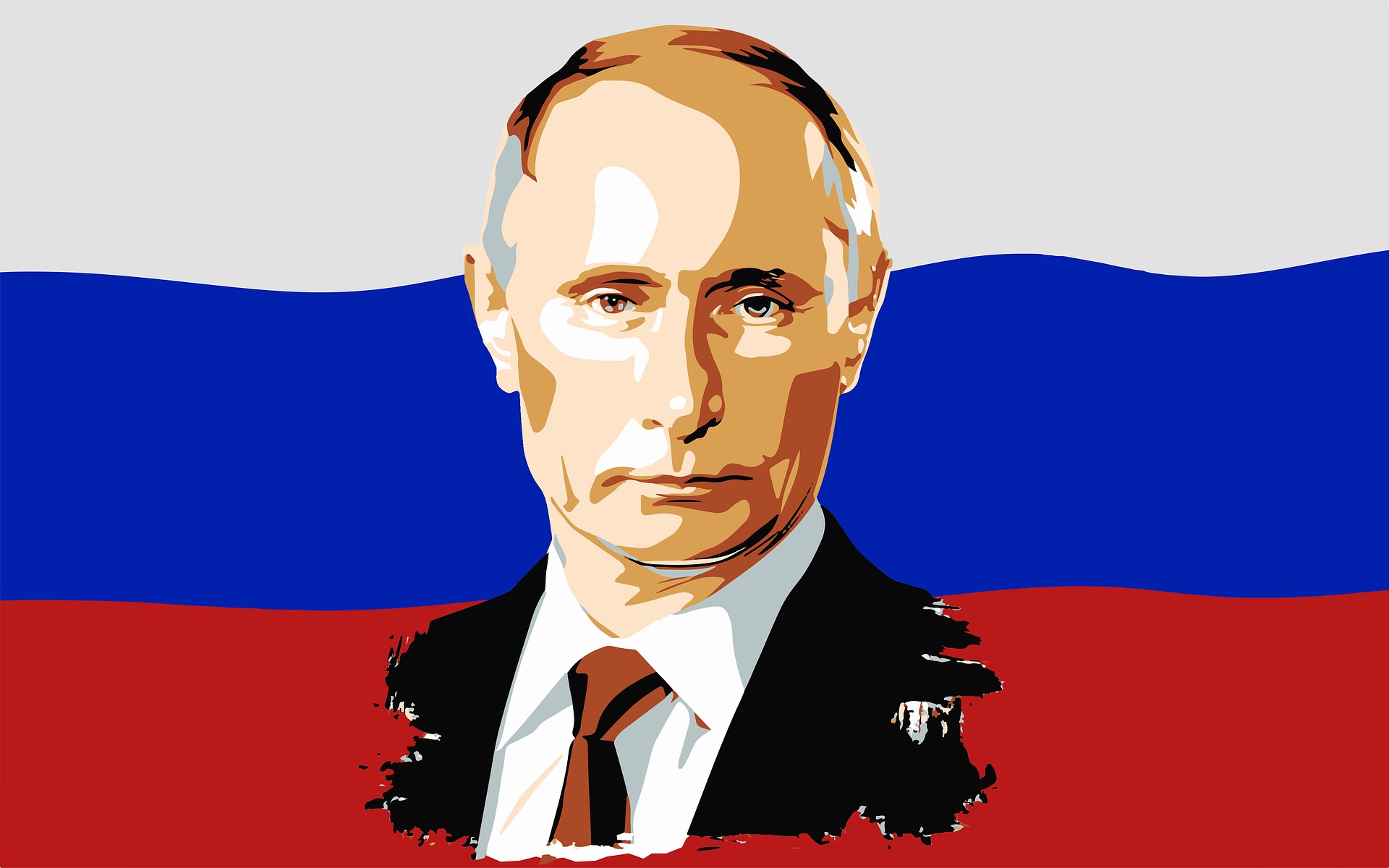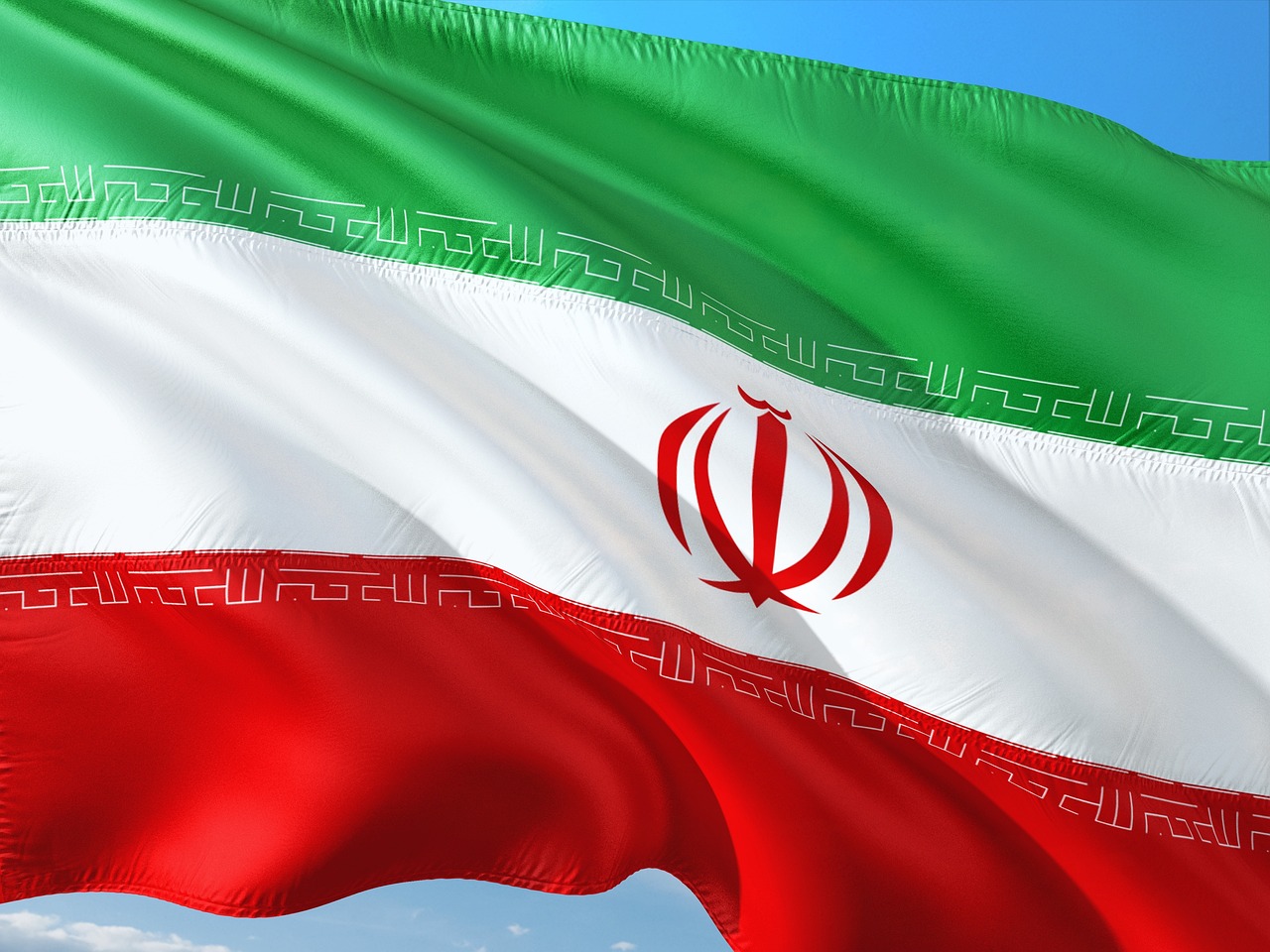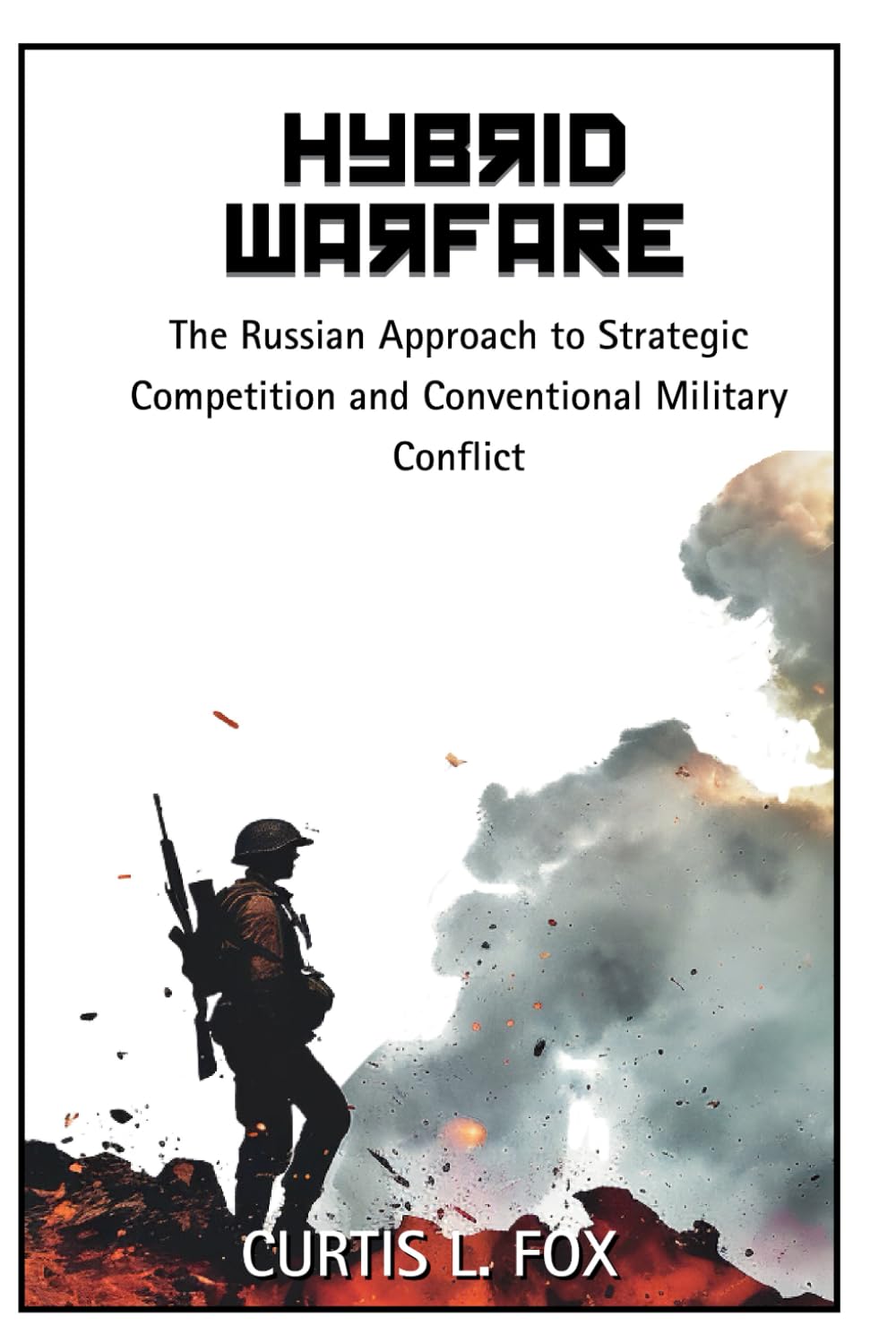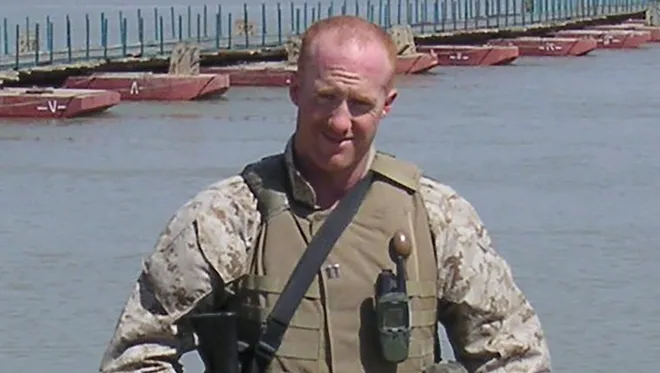
Click here to read our full book review.
The first step to determining what the Russian Federation is doing in cyberspace is to better understand the strategic context behind their decision making. History serves as an excellent tool to help us accomplish this. Mark Galeotti’s “A Short History of Russia” is a comprehensive overview of Russia’s history from its pagan roots to modern times. The book is well researched but written in an accessible manner. Galeotti covers key periods and political dynamics in detail without overwhelming the reader. The author delves into the complexities of post-Soviet Russia, addressing the challenges of democratization, economic reform, and the resurgence of nationalism. It’s a great book, take a look if you are interested in learning more about Russian history, and how it influences the contemporary strategic environment.

Click here to read our full book review.
The next step to understanding Russia’s motivations is to learn more about their autocratic leader. Frye’s well-researched analysis offers a nuanced perspective on Vladimir Putin’s leadership, navigating the complexities of Russia’s political landscape and its global impact. The book dives into historical events, dissecting Putin’s political maneuvers and the delicate balance he maintains amid domestic and international pressures. An excellent resource for scholars and practitioners in international relations, shedding light on the evolving political institutions under Putin’s rule. Highly recommended for those keen on geopolitics and contemporary Russian affairs
Drawing on three decades of his own on-the-ground experience and research as well as insights from a new generation of social scientists that have received little attention outside academia, Timothy Frye reveals how much we overlook about today’s Russia when we focus solely on Putin or Russian exceptionalism. Frye brings a new understanding to a host of crucial questions: How popular is Putin? Is Russian propaganda effective? Why are relations with the West so fraught? Can Russian cyber warriors really swing foreign elections? In answering these and other questions, Frye offers a highly accessible reassessment of Russian politics that highlights the challenges of governing Russia and the nature of modern autocracy.

Click here to read our full book review.
Peter Pomerantsev, a British journalist and television producer, draws on his firsthand experiences working in the heart of the Russian media machine to bring us his thought provoking work, “Nothing is True and Everything is Possible” The book explores the nexus between politics, media, and entertainment in Putin’s Russia, where the boundaries between reality and fiction blur, and the concept of truth becomes elusive. Pomerantsev delves into the surreal world of contemporary Russian politics and media, providing readers with a disquieting glimpse into the manipulation of truth and the erosion of reality.
“Nothing is True and Everything is Possible” is a captivating exploration of the intersection between politics, media, and reality in Putin’s Russia. Pomerantsev’s work is a must-read for those seeking to comprehend the complexities of information warfare and the challenges posed by the manipulation of truth in the 21st century political landscape. The book serves as a poignant reminder of the importance of a vigilant and discerning public in the face of orchestrated narratives.

Click here to read our full book review.
Russian scholar Dawisha describes and exposes the origins of Putin’s kleptocratic regime. She presents extensive new evidence about the Putin circle’s use of public positions for personal gain even before Putin became president in 2000. She documents the establishment of Bank Rossiya, now sanctioned by the US; the rise of the Ozero cooperative, founded by Putin and others who are now subject to visa bans and asset freezes; the links between Putin, Petromed, and “Putin’s Palace” near Sochi; and the role of security officials from Putin’s KGB days in Leningrad and Dresden, many of whom have maintained their contacts with Russian organized crime.
Putin’s Kleptocracy is the result of years of research into the KGB and the various Russian crime syndicates. Dawisha’s sources include Stasi archives; Russian insiders; investigative journalists in the US, Britain, Germany, Finland, France, and Italy; and Western officials who served in Moscow. Russian journalists wrote part of this story when the Russian media was still free. “Many of them died for this story, and their work has largely been scrubbed from the Internet, and even from Russian libraries,” Dawisha says. “But some of that work remains.”

Click here to read our full book review.
All the Kremlin’s Men is An extraordinary behind-the-scenes portrait of the court of Vladimir Putin, the oligarchs that surround it. It’s a gripping narrative of an accidental king and a court out of control. Based on an unprecedented series of interviews with Vladimir Putin’s inner circle, this book presents a radically different view of power and politics in Russia.
The book was released in 2016 so it is a bit dated but still gives valuable insight into the inner workings of the Kremlin. It demonstrates the power of the oligarchs and the regional governors and local bureaucratic leaders
A best seller in Russia, All the Kremlin’s Men is a shocking revisionist portrait of the Putin era and a dazzling reconstruction of the machinations of courtiers running riot.
Sandworm: A New Era of Cyberwar and the Hunt for the Kremlin’s Most Dangerous Hackers – October 20, 2020 by Andy Greenberg
Click here to read our full book review.
In 2014, the world witnessed the start of a mysterious series of cyberattacks. Targeting American utility companies, NATO, and electric grids in Eastern Europe, the strikes grew ever more brazen. They culminated in the summer of 2017, when the malware known as NotPetya was unleashed, penetrating, disrupting, and paralyzing some of the world’s largest businesses—from drug manufacturers to software developers to shipping companies. NotPetya spread around the world, inflicting an unprecedented ten billion dollars in damage — the largest, most destructive cyberattack the world had ever seen. The hackers behind these attacks are quickly gaining a reputation as the most dangerous team of cyberwarriors in history: a group known as Sandworm. Working in the service of Russia’s military intelligence agency, they represent a persistent, highly skilled force, one whose talents are matched by their willingness to launch broad, unrestrained attacks on the most critical infrastructure of their adversaries.
If you purchase this book through this link, Amazon will donate money back to Key Terrain Cyber.

Active Measures – March 9, 2021 by Thomas Rid
Click here to read our full book review.
We live in the age of disinformation―of organized deception. Spy agencies pour vast resources into hacking, leaking, and forging data, often with the goal of weakening the very foundation of liberal democracy: trust in facts. Thomas Rid, a renowned expert on technology and national security, was one of the first to sound the alarm. More than four months before the 2016 election, he warned that Russian military intelligence was “carefully planning and timing a high-stakes political campaign” to disrupt the democratic process. But as crafty as such so-called active measures have become, they are not new.

This is a great resource for understanding Russian cyberspace warfare and influence operations. I particularly liked Stephen Blank’s “Cyber War and Information War à la Russe”. It gives important context to why Russia behaves the way it does in cyberspace and also explains their approach to cyberspace warfare. The Russians see cyberspace as an important part of influence warfare and not as a stand alone capability. Blank uses examples from Russia’s conflicts with Georgia, Estonia, and Ukraine (2006-2016) to make his case. Check it out for free at the Carnegie Endowment for International Peace via the link below.
https://carnegieendowment.org/2017/10/16/cyber-war-and-information-war-la-russe-pub-73399

The European Union Institute for Security Studies published a compendium of Russian Cyber articles in 2018 that are all good. Andrei Soldatov and Irina Borogan’s “Russia’s approach to cyber: the best defence is a good offence” is an excellent overview of their offensive cyber programs. Meanwhile Xymena Kurowska and Anatoly Reshetnikov’s “Russia’s trolling complex at home and abroad” explains how the Russian Federation is using cyberspace to influence audiences abroad and interfere with elections around the world. Check it out for free at the EU ISS website below:
https://www.iss.europa.eu/sites/default/files/EUISSFiles/CP_148.pdf

Jon Bateman does a great job covering Russia’s cyber operations in their most recent invasion of Ukraine in his research paper “Russia’s Wartime Cyber Operations in Ukraine: Military Impacts, Influences, and Implications” He explains what has been working for the Russian Federation and the many ways their cyberspace warfare campaigns have failed. Check it out for free from the Carnegie Institue for Peace via the link below.
https://carnegieendowment.org/files/Bateman_Cyber-FINAL21.pdf
Disclosure of Material Connection: Some of the links contained on this site are “affiliate links.” This means if you click on the link and purchase the item, we will receive an affiliate commission. This revenue is used to offset costs associated with maintaining this site. We only recommend products or services I use personally and believe will add value to my readers. We are disclosing this in accordance with the Federal Trade Commission’s 16 CFR, Part 255: “Guides Concerning the Use of Endorsements and Testimonials in Advertising.”
Key Terrain Cyber is dedicated to the professional development of our cyber workforce and information warfare community. We offer all our programs at no cost to readers, including our professional journal, mentorship and fellowship programs, and information warfare memorial. Our team of unpaid volunteers work hard to keep this site running and appreciate any support you are willing to give us.
There are several ways you can help us spark innovation, disseminate good ideas, and remember our fallen. You can donate to KTC via the paypal button or venmo graphic below and help us cover our operating costs. Buying Key Terrain Cyber merchandise from our webstore is another excellent way to show your support for our programs and look good in the process.
Interested in volunteering your time? Contact us at [email protected] if you want to learn more about becoming a volunteer, staff member, or senior fellow. Finally, you can thank our staff by using the button below to buy us a coffee or a beer.










2 responses to “Russia Reading List”
I’m a big fan of both “The Sword and the Shield” by Christopher Andrew, which I think gives a very good explanation of the Cambridge 5. It also discusses how US academia and industry were wooed by KGB and propaganda, and thus showing how certain groups and affiliations could fall into Russia’s influence.
I’d also recommend “The Man Without a Face – The Unlikely Rise of Putin” by Masha Gessen, which does its best (due to limited true information) to explain influences and aspiration of Putin throughout his life, and goes over his treachery throughout his life.
Those are good additions, we will check them out!